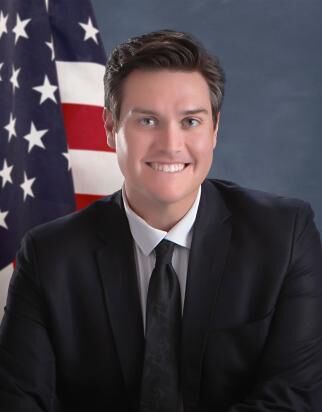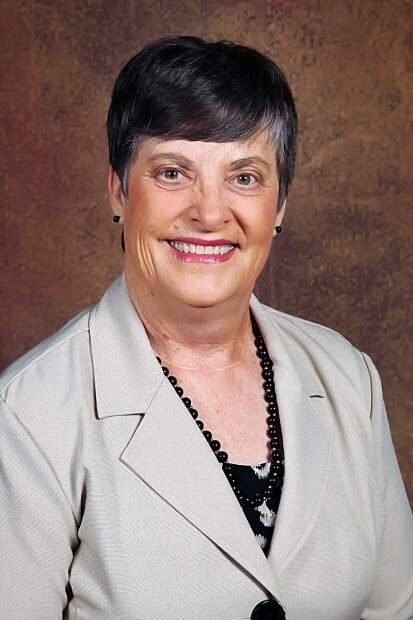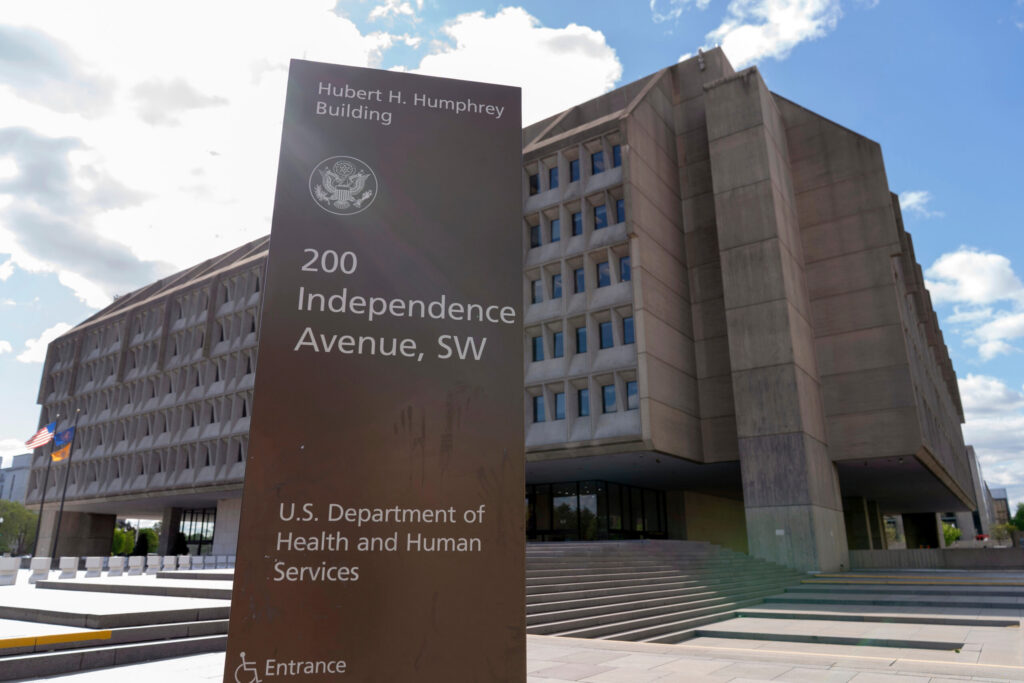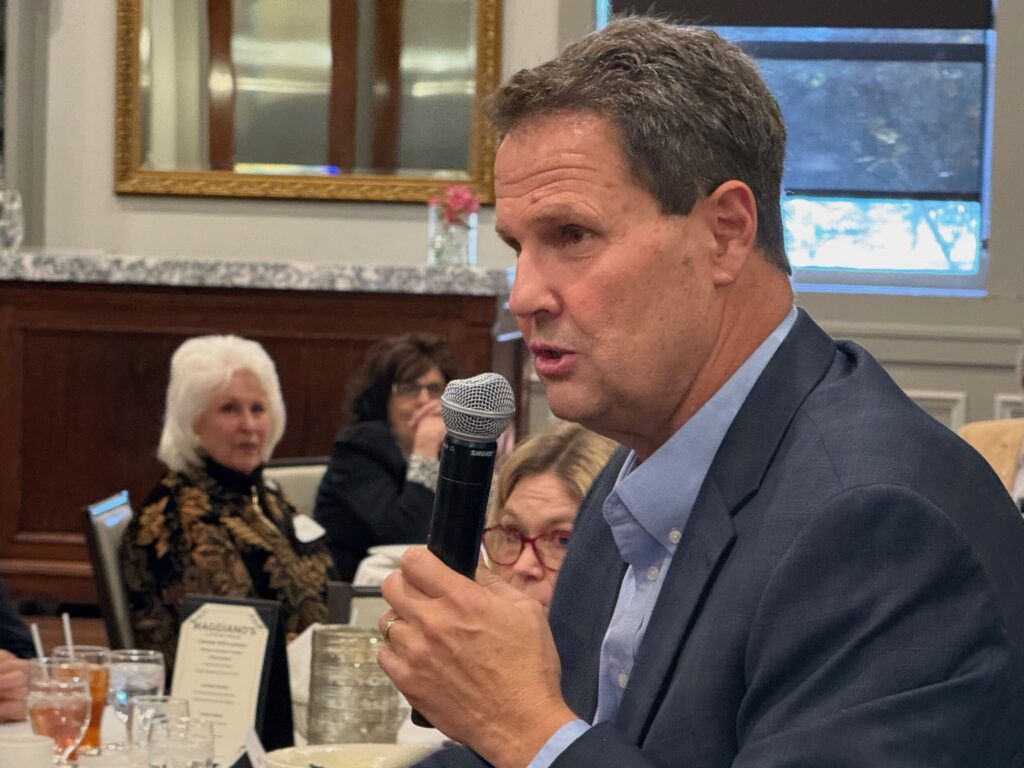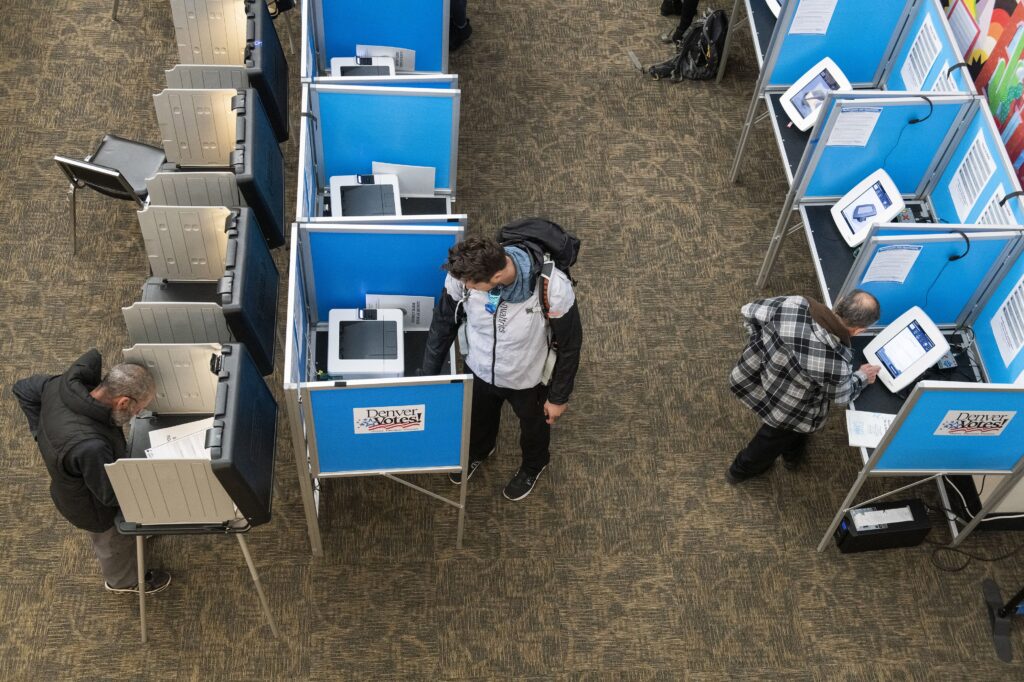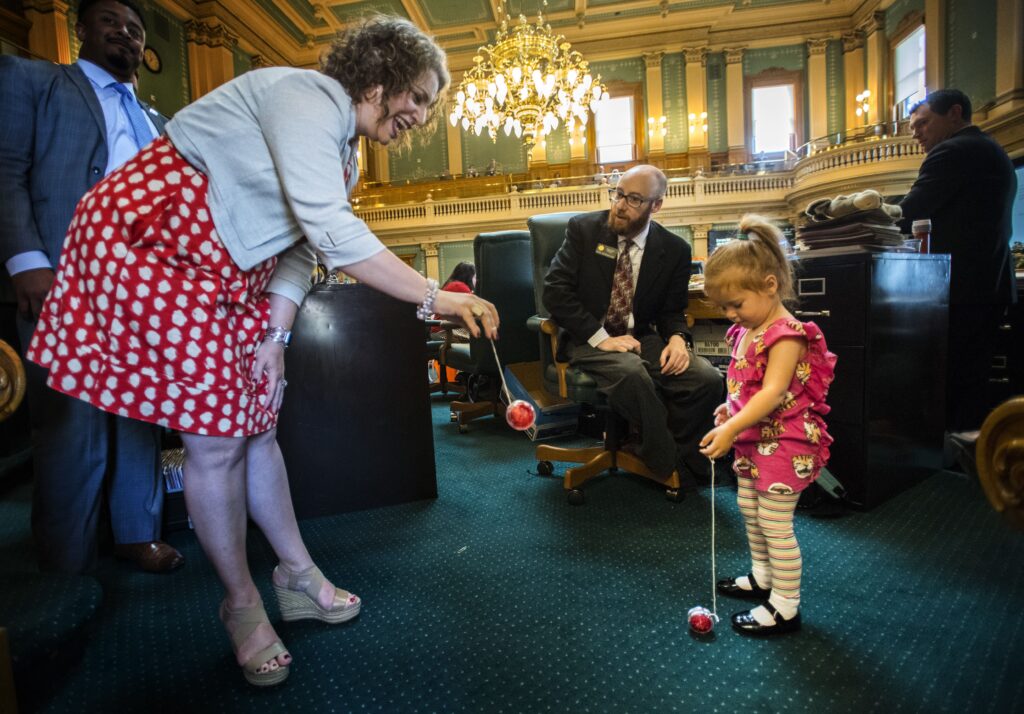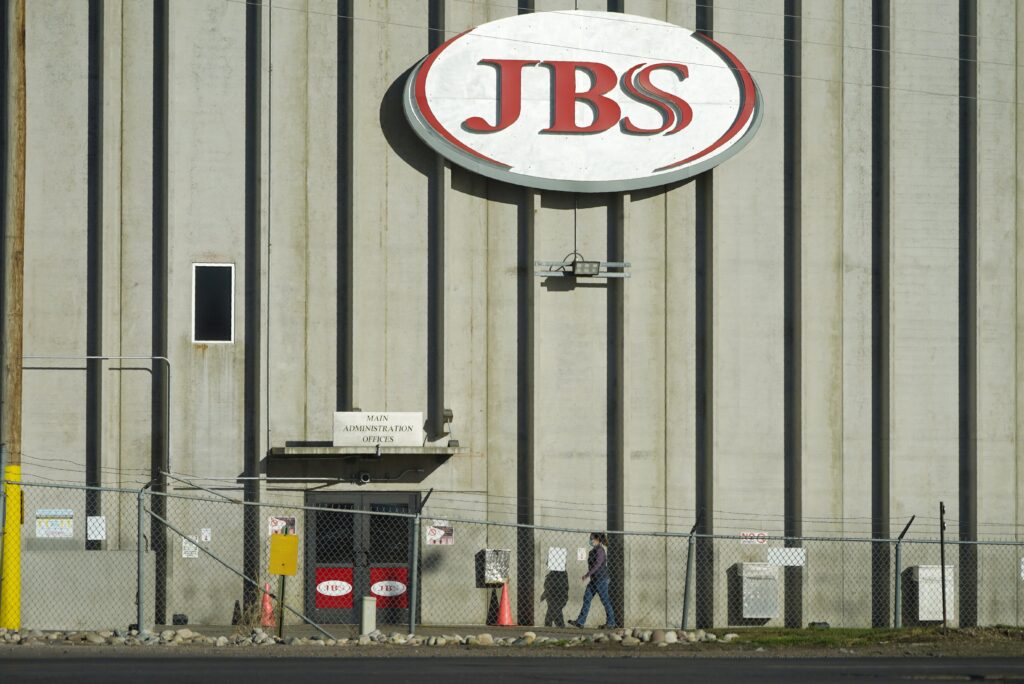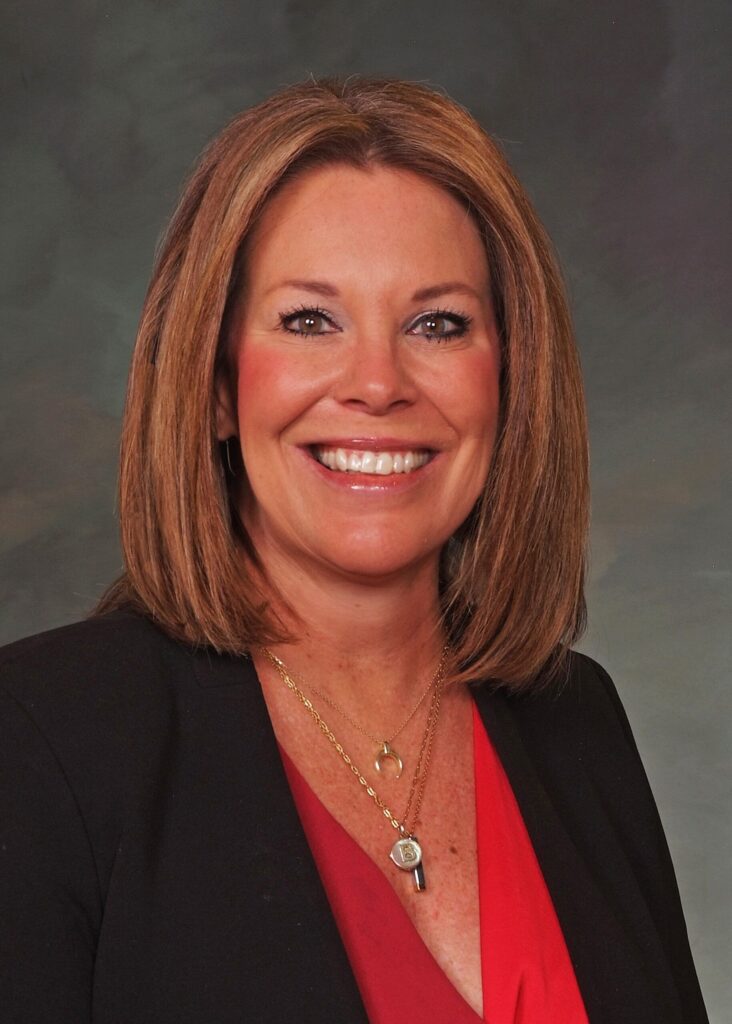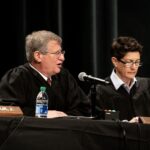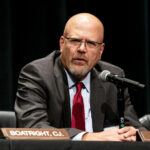Survey: Coloradans are wary of both Democrats and Republicans, economic outlook remains grim
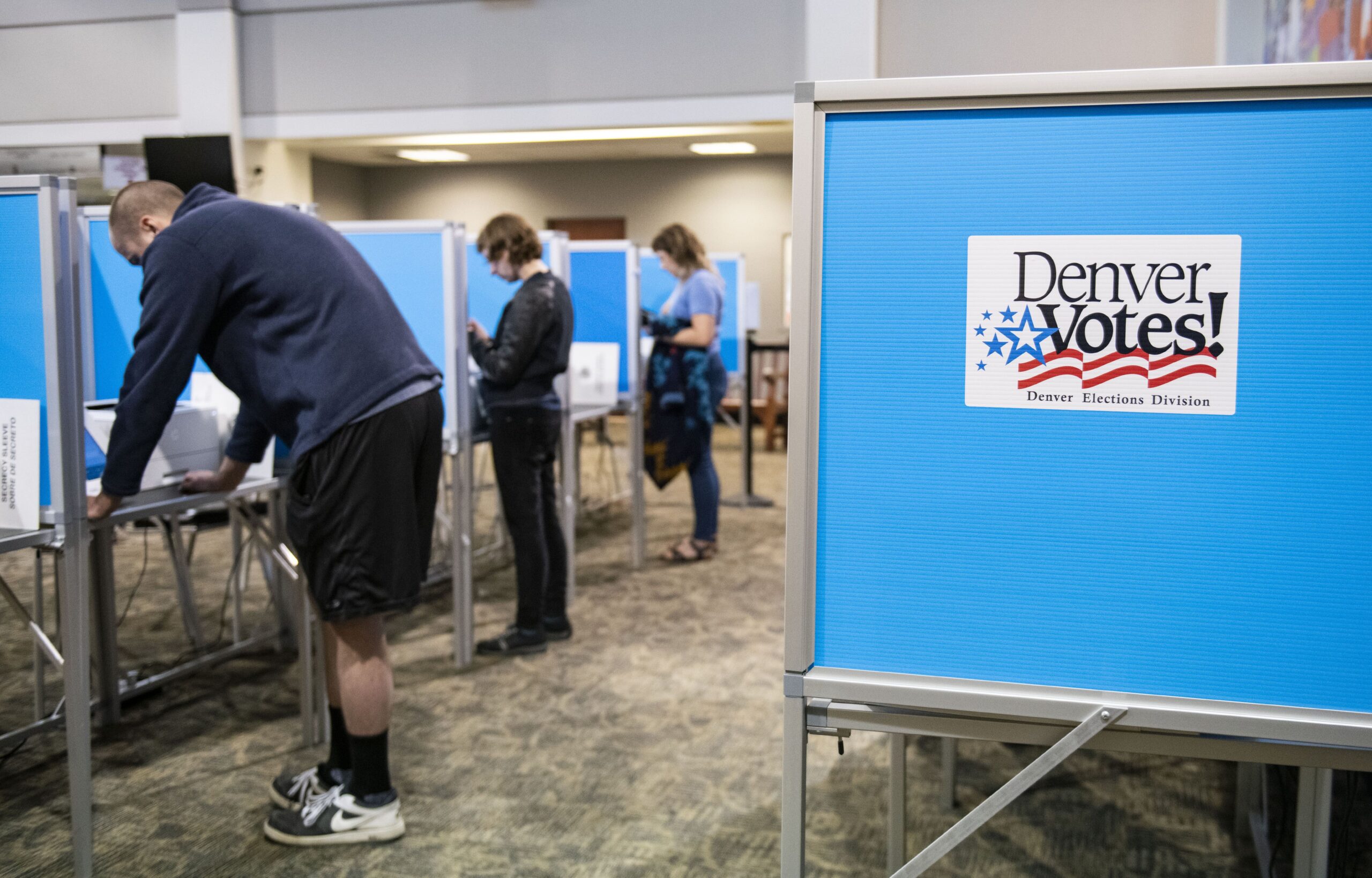
Colorado voters hold unfavorable views toward the Democratic and Republican parties, according to a recent survey that tracked people’s attitudes on a variety of issues.
For the most part, voters disapprove of the performance of President Donald Trump on a variety of issues, ranging from trade to border security to major global affairs. The result is unsurprising, given Trump’s electoral performance in Colorado, a state that has, by and large, been moving toward the Democratic Party in the last several election cycles.
Democrats have held all the levels of power at the state Capitol in the last several several years.
Still, the respondents regard the Republican Party less unfavorably than the Democratic Party, according to the survey.
All told, the survey, which asked 1,136 registered Colorado voters several questions about state and federal issues, showed the GOP at a favorable-unfavorable rating of 35%-64%, compared to Democrats’ 30%-68%.
The survey also showed that voters regard Republicans (34%-63% approval rating) as doing a better job than Democrats (23%-74%) in Congress.
Additionally, Gov. Jared Polis, U.S. Sen. Michael Bennet and U.S. John Hickenlooper are all underwater, their disapproval rating outweighing people’s approval of their job performance.
“Does this mean Colorado Republicans are destined to win some big victories in 2026? Far from it,” wrote Dick Wadhams, a former chair of the Colorado Republican Party who also managed several major campaigns in the state, including that of former Gov. Bill Owens.
“But it does suggest strong Republican candidates who have substantive agendas to deal with the state budget, education, crime, roads and health care can be very competitive which has not been the case since 2018,” Wadhams added.
The survey, which was conducted in late July and early August, was conducted using an MMS text data collection method. The respondents then answered questions via an online platform. About 49% of the respondents identified as unaffiliated, while 26% said they are Democrats; 23% identified as Republicans.
Poor leadership from Democrats; ‘extremism’ from the GOP
When 68% of respondents who said they hold an unfavorable opinion of the Democratic Party were asked why, many cited poor leadership and a lack of direction in recent years, as well as their belief that Democratic policies often constituted government overreach and overspending.
The voters described Democratic leadership as ineffective, disconnected, or lacking strong direction and expressed frustrations with what they view as “weak decision-making and poor management of government priorities,” the survey said.
They said Democrats “push for too much government control, high spending, and large deficits,” linking these policies to higher taxes and inflationary pressures.
Many also said the party has “moved too far left, prioritizing progressive or “woke” policies that they see as out of touch with mainstream values,” the survey said.
Meanwhile, those who view the Democratic Party favorably cited its advocacy for social issues, such as fighting for women and LGBTQ+ rights. The voters also said they regard the Democratic Party as “defenders of marginalized communities and personal freedoms.”
They said they view the party as supporting middle-, lower- and working-class Americans, as well as cited Democrats’ commitment to public services like health care, education, and the environment. Others contended that, while they didn’t necessarily approve of either party, they see the Democrats as the “lesser of two evils.”
Those who viewed the Republican Party unfavorably cited its “loyalty” to Trump and “extremist MAGA policies” as reasons for their unfavorable opinion. They said the GOP “pushes overly conservative or regressive stances on social issues, including reproductive rights, LGBTQ+ rights, and education.”
They also regarded the party as prioritizing the interests of the rich and large corporations “over the needs of middle- and working-class Americans.”
Those who viewed the party favorably said they like the GOP’s push for lower taxes, reduction in spending and smaller government. Many said they appreciate the party’s encouragement of conservative values, religious freedom and maintaining traditional norms. They also cited the party’s emphasis on national pride, pro-business policies and commitment to public safety.
Low confidence the economy will improve
According to the survey, 43% of respondents gave the U.S. economy a “poor” rating, compared to the 26% who said it was either “good” or “excellent.” Nearly 60% said they believe the economy would only get worse in the next year, while 35% predicted it would improve, and 7% said it would stay about the same.
Tariffs and inflation have led to 67% of respondents feeling financial stress, while 23% said their finances were not currently an issue but could be in the future if prices continued to rise. Only 8% of respondents said increasing costs are not a concern.
A slightly higher proportion of respondents expressed confidence in Colorado’s economy, with the majority stating that it was “fair.” An additional 30% rated the state’s economy as either “excellent” or “good,” while 23% said it was “poor.”
Interestingly, over half of respondents believed the state’s economy would worsen in the next year, while 9% thought it would improve and 31% said it would remain about the same.
Voters unhappy with state, national leaders
Local governments are more popular among voters than state officials or members of Congress — 45% of respondents said they approve of their regional and county governments.
By comparison, 52% said they disapprove of Polis. Bennet and Hickenlooper received 38%-44% and 37%-49% approval ratings, respectively.
Meanwhile, the state legislature received an approval rating of 39%-45%.
Nearly 60% of all respondents said they disapprove of Trump’s job. The majority, just over 60%, said the president has failed to adequately address the issues and problems most important to them, such as the cost of living and the economy.
Majority: Colorado is heading in the wrong direction
The majority of respondents – 53% – said Colorado is headed in the wrong direction, with only 40% viewing the state as being in the right track.
High cost of living, homelessness, and crime are among the top reasons why Coloradans said they believe the state is headed in the wrong direction, according to the survey.
Those respondents also cited poor political leadership, inadequate transportation and traffic congestion, as well as the belief that the state has not adequately responded to rapid population growth.
“A recurring theme is frustration over visible homelessness, crime, and perceptions of declining safety in communities,” the survey said. “Many feel the state government is moving too far left politically, with policies they believe are harming the economy, law enforcement, and traditional values.”
While 7% of respondents said they are unsure which direction the state is headed, 40% said they believe Colorado is on the right track, citing the state’s thriving economy, diverse job opportunities, and commitment to protecting its natural beauty and open spaces.
Those same respondents also said they believe the state’s leadership has been effective, adding they support the legislature’s “progressive and inclusive” policies.
While the gubernatorial election is still a year away, respondents were asked who they would vote for if it were held today: 50% said they would vote for the Democratic candidate. In comparison, 38% said the Republican candidate and 12% were unsure.
Despite political differences, nearly half of all respondents said they have a favorable view of the Taxpayer’s Bill of Rights or TABOR, while a third said they are unsure or had no opinion, more than the number of respondents who said they view the amendment unfavorably.
Respondents who said they approve of TABOR said they like that it limits government spending and growth while promoting fiscal responsibility and government transparency. Critics argued the amendment restricts funding for public services, impedes government flexibility, and prioritizes tax cuts over community investment.
Read the full survey results here.


